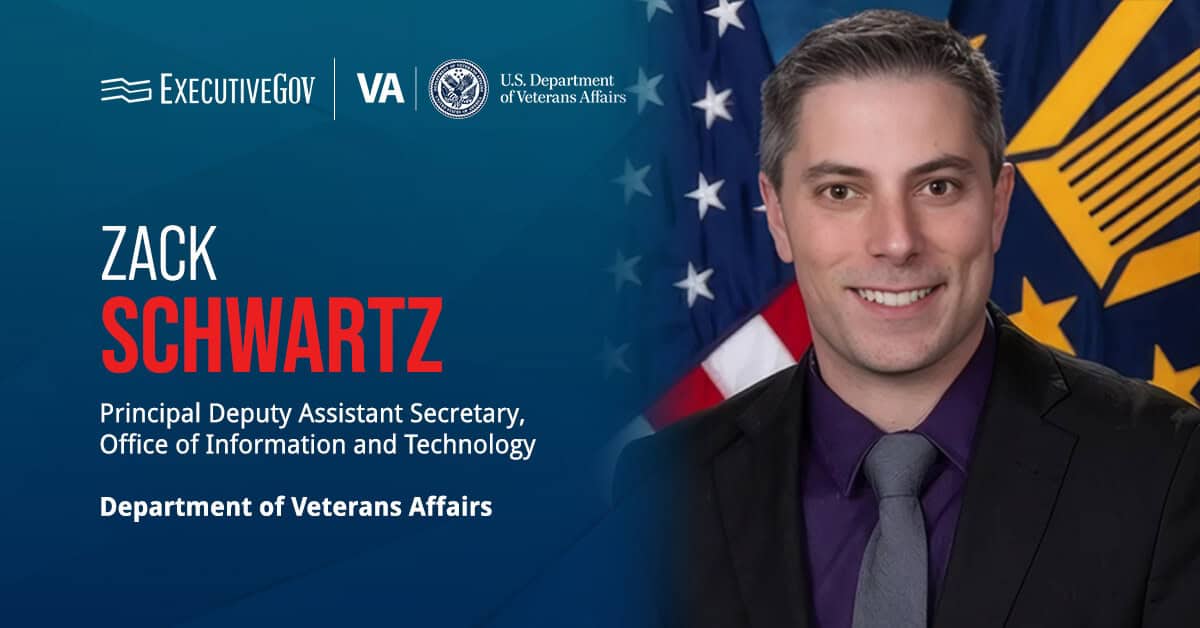The National Science Foundation has started seeking input from the private sector, state and local government agencies, academia and other interested stakeholders to inform NSF’s assessment and potential update of key technology focus areas listed in the Research and Development, Competition and Innovation Act.
According to a notice published Friday in the Federal Register, NSF will accept responses to the request for information through July 21.
Table of Contents
NSF Directorate for Technology, Innovation & Partnerships
The Research and Development, Competition and Innovation Act, also known as Public Law 117-167 authorized the establishment of a Directorate for Technology, Innovation and Partnerships, or TIP, within NSF to accelerate the development of key technologies and support use-inspired and translational research, among others.
Congress identified 10 initial key tech focus areas upon which TIP investments should focus to drive U.S. competitiveness.
Artificial Intelligence, Robotics & Other Key Tech Focus Areas
The RFI lists 10 key technology focus areas. These are:
- Advanced communications technology and immersive technology
- Advanced energy and industrial efficiency technologies, such as batteries and advanced nuclear technologies
- Advanced materials science, including composites 2D materials, other next-generation materials and related manufacturing technologies
- Artificial intelligence, machine learning, autonomy and related advances
- Biotechnology, medical technology, genomics and synthetic biology
- Data storage, data management, distributed ledger technologies and cybersecurity, including biometrics
- High performance computing, semiconductors and advanced computer hardware and software
- Natural and anthropogenic disaster prevention or mitigation
- Quantum information science and technology
- Robotics, automation and advanced manufacturing
NSF is seeking insights on how each of the technology focus areas contributes to U.S. technological leadership, supports national security and drives economic growth.
The agency is also asking interested stakeholders to identify the three most important tech focus areas based on several considerations: geopolitical technology competition; potential to power significant economic growth; ability to advance national security capabilities; likelihood to experience significant talent gaps or workforce availability risks; and the need for use-inspired and translational research to mature the technology.





